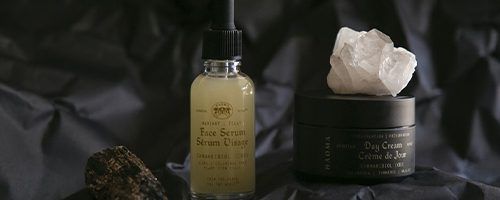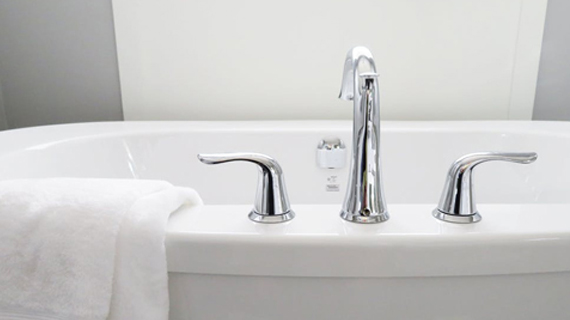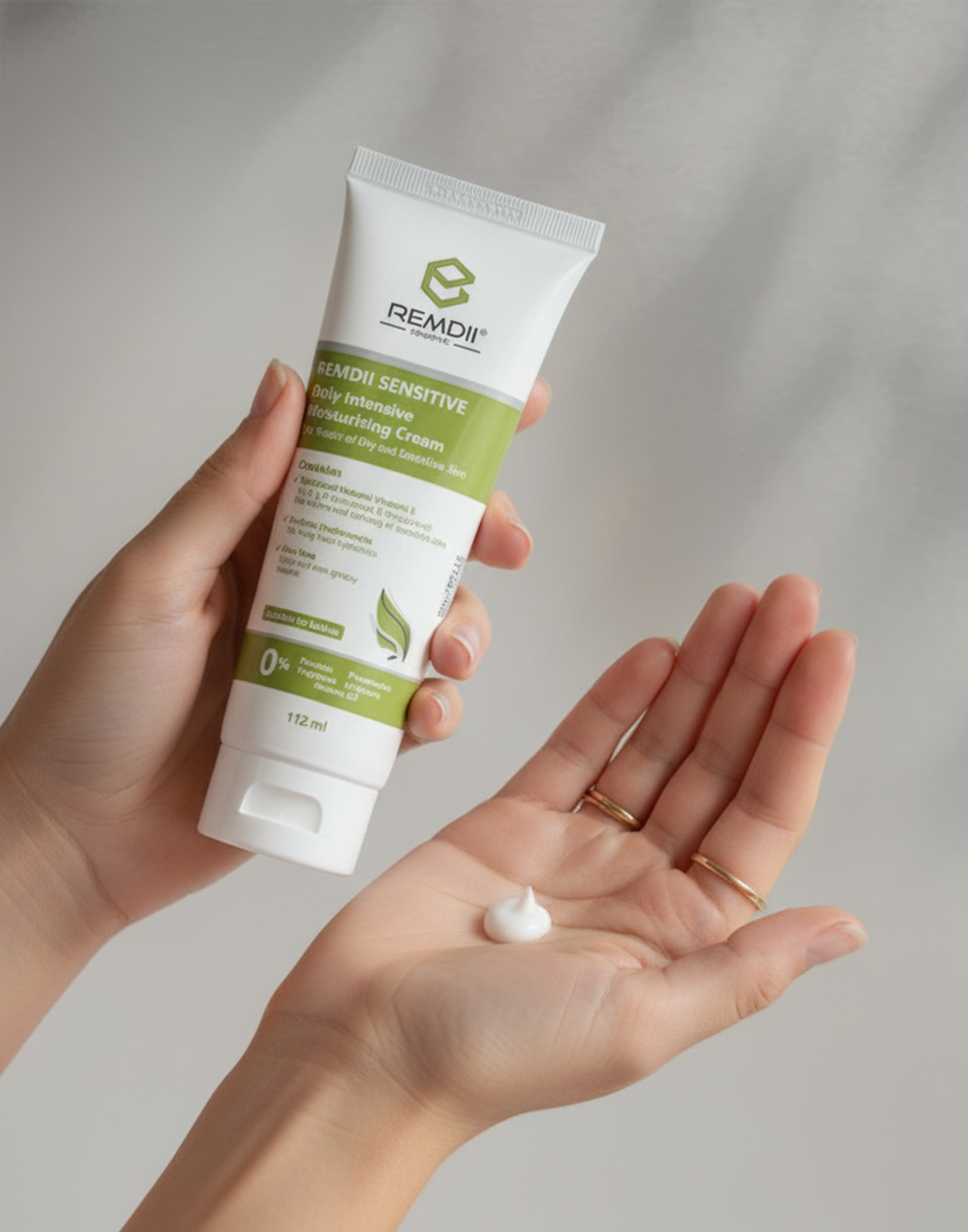Why is bathing so effective?
When your skin is dry, it’s not because it doesn’t contain enough oil. It’s because your skin isn’t doing a very good job of retaining its moisture (water). Wind, low humidity, cold temperatures, harsh soaps and too much washing without the use of a moisturizer can lead to dry skin, which can irritate your eczema and even make it worse.
People with eczema, especially atopic dermatitis, tend to have very dry skin in general. This is because the disease causes defects in the skin barrier. The skin barrier is uppermost layer of skin that protects irritants, bacteria/viruses, and allergens from getting into our bodies and moisture from getting out. Genes, skin trauma such as from scratching or rubbing, and inflammation can all contribute to this defective or “leaky” skin barrier in people with eczema.
The most effective way to treat dry skin is to give it the moisture it needs. Proper bathing and moisturizing are important for this reason — especially if you have eczema. The best way to replace moisture in the skin is to soak in a bath or take a shower and then moisturize immediately afterward.
Soak and Seal
When your skin is dry, it’s not because it doesn’t contain enough oil. It’s because your skin isn’t doing a very good job of retaining its moisture (water). Wind, low humidity, cold temperatures, harsh soaps and too much washing without the use of a moisturizer can lead to dry skin, which can irritate your eczema and even make it worse.
Instructions to Soak and Seal:
- Take a bath using lukewarm (not hot) water for five to 10 minutes. Use a gentle cleanser (no soaps) and avoid scrubbing the affected skin.
- After bathing, pat the skin lightly with a towel leaving it slightly damp.
- Apply the prescription topical medication to the affected areas of skin as directed.
- Within three minutes, liberally apply a moisturizer all over the body. It’s important to apply the moisturizer within three minutes or the skin may become even drier.
- Wait a few minutes to let the moisturizer absorb into the skin before dressing or applying wet wraps.
Tips for bathing and moisturizing with eczema
Some things to remember when bathing:
- Take at least one bath or shower a day
- Bathe or shower in lukewarm (not hot) water for 10 to 15 minutes
- Avoid scrubbing your skin with a washcloth or loofah
- Use a gentle cleanser (not soap)
- During severe flares, limit the use of cleansers to further avoid irritation
Some things to remember when moisturizing:
- Use a high-oil content moisturizer twice a day to improve hydration and protect the skin barrier
- Moisturize hands every time you wash them or they come into contact with water
- Schedule your bathing and moisturizing routine at night, just before bed. This can help your skin better retain its moisture
- If you have eczema on your hands, soak your hands in water, then follow with an application of your prescription medication (if you use one) and moisturizer. Wear cotton gloves over your hands while you sleep to help “lock-in” the moisturizer



